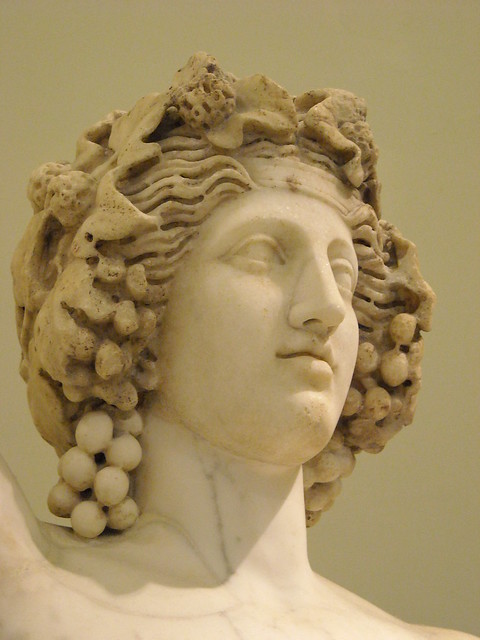


In January 1916, during his stay in Porthcothan in Cornwall, Lawrence read Hesiod’s The Homeric Hymns and Homerica and was particularly impressed by a story which links Dionysus with wine and pirates. Yet looking at Lawrence’s fascination with Dionysus suggests that he saw the division not between these two gods, but within Dionysus. 1 This opposition between Apollo, also seen as the god of the Sun, of light and reason, and Dionysus, who is associated with the dark, wine, excess, drunkenness and unreason – or madness – is commonplace. Kirk reminds us how Nietzsche saw the ancient Greek gods, Apollo and Dionysus, as “symbols of opposing aspects – classical and romantic, controlled and ecstatic – of the Greeks’ spirit”. Evelyn-White (London: William Heinemann, 191 (.)ġG.S. 2 Hesiod, The Homeric Hymns and Homerica, trans.


 0 kommentar(er)
0 kommentar(er)
